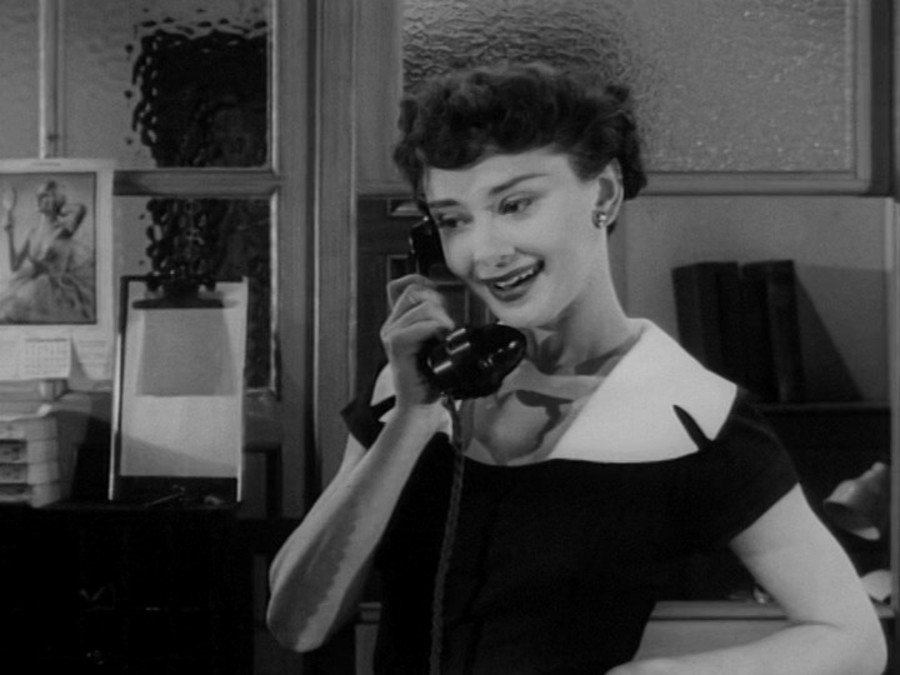mistressesanonymous.com – “One Wild Oat” is a 1951 British comedy film that has garnered attention not only for its humor but also for featuring early appearances by future stars such as Audrey Hepburn and Roger Moore. Directed by Charles Saunders, the film is an adaptation of a play by Vernon Sylvaine, making it a notable entry in the post-war British comedic canon.
Plot Overview
The story revolves around a barrister named Humphrey Proudfoot, portrayed by Robertson Hare, who is determined to prevent his daughter from marrying a notorious philanderer. To achieve this, Proudfoot enlists the help of his friend, Alfred Gilbey, played by Stanley Holloway. The plot unfolds with a series of comedic misunderstandings and antics as the two men try to uncover the suitor’s past indiscretions.
Notable Performances
While “One Wild Oat” is primarily driven by the performances of Hare and Holloway, it is also significant for featuring Audrey Hepburn in one of her earliest film roles. Although her part as a hotel receptionist is brief and uncredited, it marks an important step in her journey to becoming a Hollywood icon. Similarly, Roger Moore, who would later achieve fame as James Bond, appears in a minor role, adding to the film’s historical intrigue.
Cinematic Style and Reception
The film is characterized by its witty dialogue and farcical situations, typical of British comedies of the era. While it may not have been a blockbuster hit, “One Wild Oat” earned a place in cinema history for its entertaining portrayal of societal norms and comedic timing. Its humor, though rooted in the context of its time, still provides an amusing glimpse into mid-20th-century British life.
Conclusion
“One Wild Oat” stands out as a charming example of British comedy from the early 1950s. Its significance is amplified by the appearances of future stars Audrey Hepburn and Roger Moore, making it a must-see for fans of classic cinema and those interested in the early careers of these legendary actors. Despite its relatively modest status, the film continues to be appreciated for its humor and historical value.

